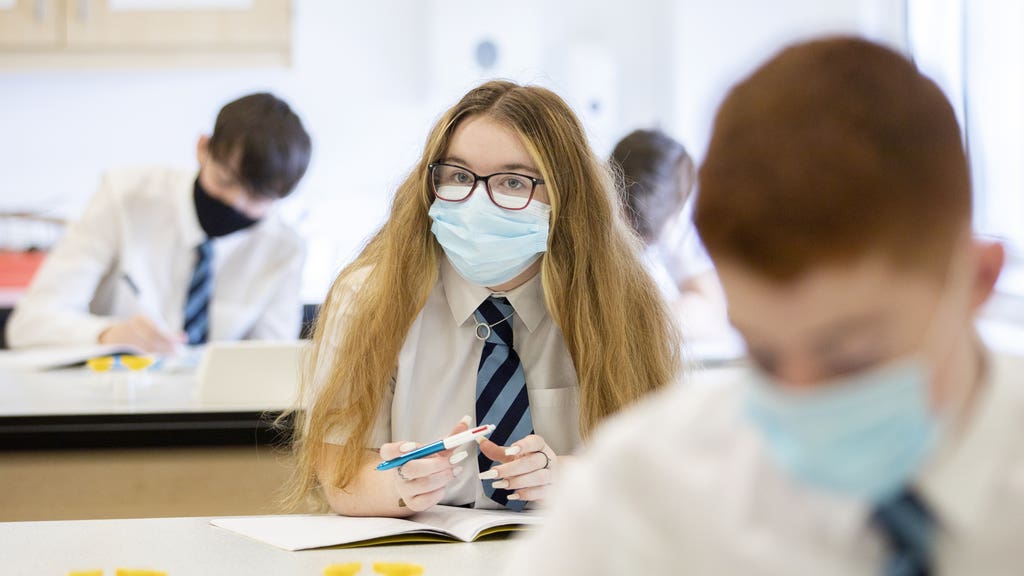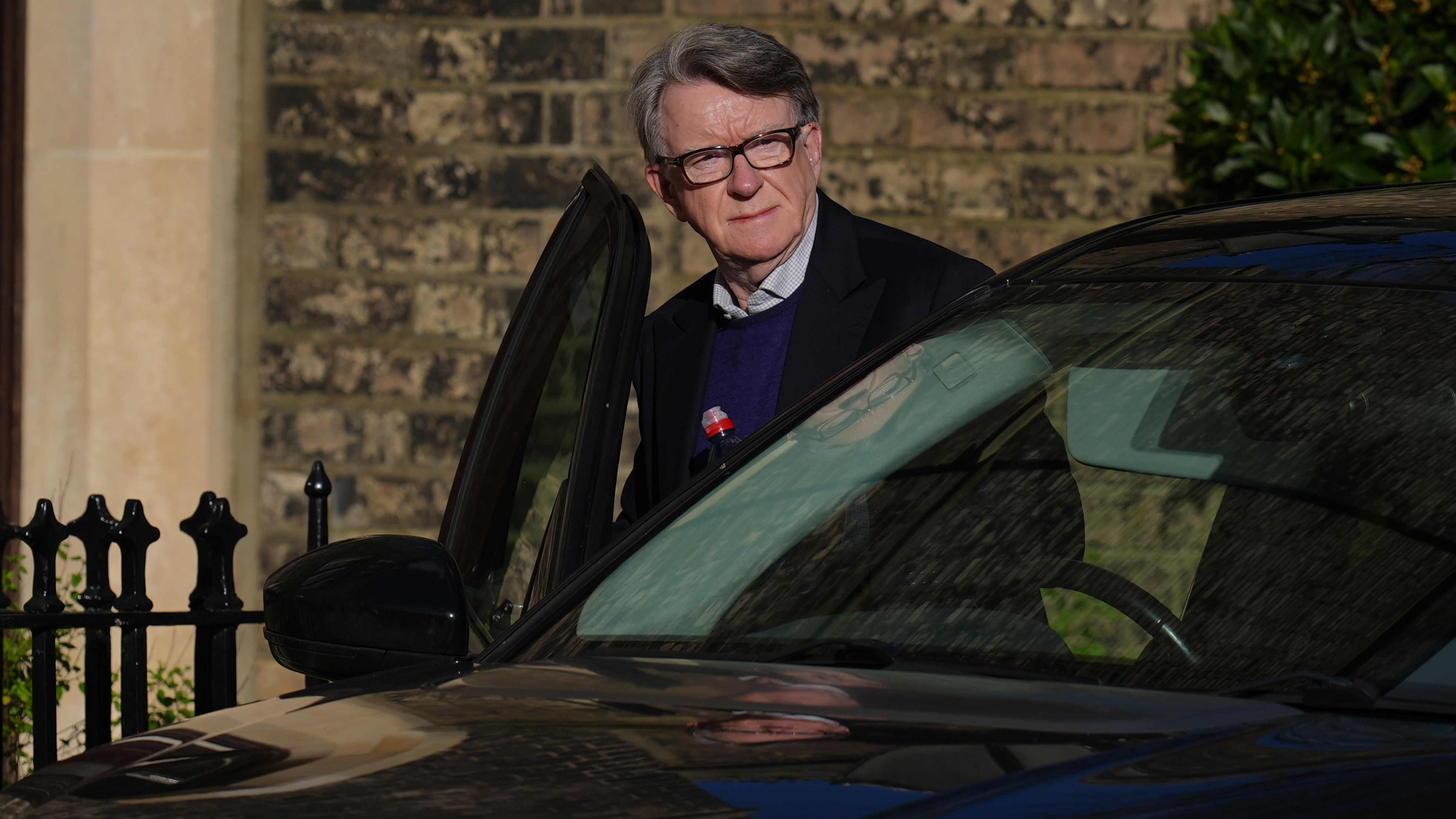A partial return of all secondary school pupils to the classroom from Monday was “politically motivated”, as the Scottish Government was seeking a “good news story”, a senior teaching union official has claimed.
Education Secretary John Swinney said the Government’s “sole motivation” was ensuring pupils’ wellbeing.
Nicola Sturgeon announced on March 2 that all pupils would have some time in school from March 15.
The remaining primary pupils, P4-P7, all return on that date, with secondary school pupils making a partial return to the classroom through a blended learning model also involving home schooling.
Assistant secretary of the EIS teaching union, Andrea Bradley, told BBC Scotland’s Sunday Show: “The decision seemed to be a political one rather than one that was based on sound educational principle.
“Certainly it wasn’t one that has taken account of the very real circumstances in which teachers are working – under quite significant stress and pressure over the last six months.”
She said teachers are “really struggling” with the workload.
She added: “We have to have cognisance of the context in which the decision was announced, it took place before the parliamentary evidence-giving session.
“Our sense was the Government were looking for a good news story that week.”
he day after making the announcement, the First Minister gave evidence at the Holyrood committee examining the Scottish Government’s botched handling of sexual harassment claims against former first minister Alex Salmond.
Scottish Conservative education spokesman Jamie Greene said: “It is startling to hear a senior teaching union official effectively accuse Nicola Sturgeon of using Scotland’s school pupils for political distraction.
“The suggestion appears to be that the First Minister announced an earlier return to the classroom not for legitimate reasons but to draw attention away from her evidence to the Salmond inquiry.
“For that to be alleged is extraordinary and speaks to the erosion in trust in this SNP administration.”
Swinney told the same programme: “We were concerned about wellbeing of S1 to S3 pupils, who might feel excluded from the return to school if we didn’t give them some opportunity for face-to-face learning before the Easter holidays.
“That was the one and only motivation that the Government had.”
He added: “I’ve listened to young people directly myself who are concerned about the effects on their own wellbeing of the loss of social interaction with their peers and with their teachers, so that’s why all secondary pupils are returning for some elements of education and face-to-face learning in the forthcoming few weeks.”
Follow STV News on WhatsApp
Scan the QR code on your mobile device for all the latest news from around the country


 PA Media
PA Media
























